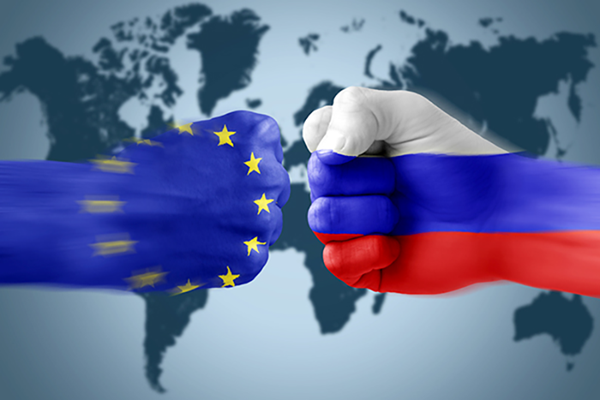Economists debunk myth about damages to West caused by Russian sanctions
The Russian food embargo imposed in 2014 in response to Western sanctions did not cause significant damage to countries in the European Union. Experts from the Gaidar Institute, RANEPA (Russian Presidential Academy of National Economy and Public Administration) and the Russian Foreign Trade Academy of the Ministry for Economic Development of the Russian Federation all arrived at the same conclusion after having analyzed the Eurostat data and the United Nations Comtrade database.
The biggest losses were recorded in the Netherlands, to the tune of $14 billion while France and Germany each incurred losses of more than $10 billion each. Belgium incurred losses worth $8 billion. Compared to the general drop in the value of exported goods of these countries, their losses in the Russian market were insignificant, the document says. For example, Slovakian exports fell by 28.9%, including losses in the Russian market that amounted to only 0.8%; French exports decreased by 15.6%, including losses in the Russian market at 0.9%.
In 2015, the European Union increased its exports in the majority of agricultural products both in terms of value (€455.1 billion in 2013, €461.5 billion in 2014, and €482.5 billion in 2015), and in terms of physical units.
As for meat products, supplier countries that lost the Russian market found other markets, compensating for their losses and even increasing exports.
Lithuania suffered financial losses in the vegetable market although it managed to offset the decline in deliveries to Russia (in physical terms) by increasing its exports to other countries. Regarding fruit, the only country that suffered from Russian counter-sanctions was Poland. Its reduction in exports to Russia by 782 thousand tons in 2015 was only partially compensated by an increase in exports to the other countries (433 thousand tons).
In June, Russian President Vladimir Putin signed a decree that extends the product embargo to the end of 2017.
